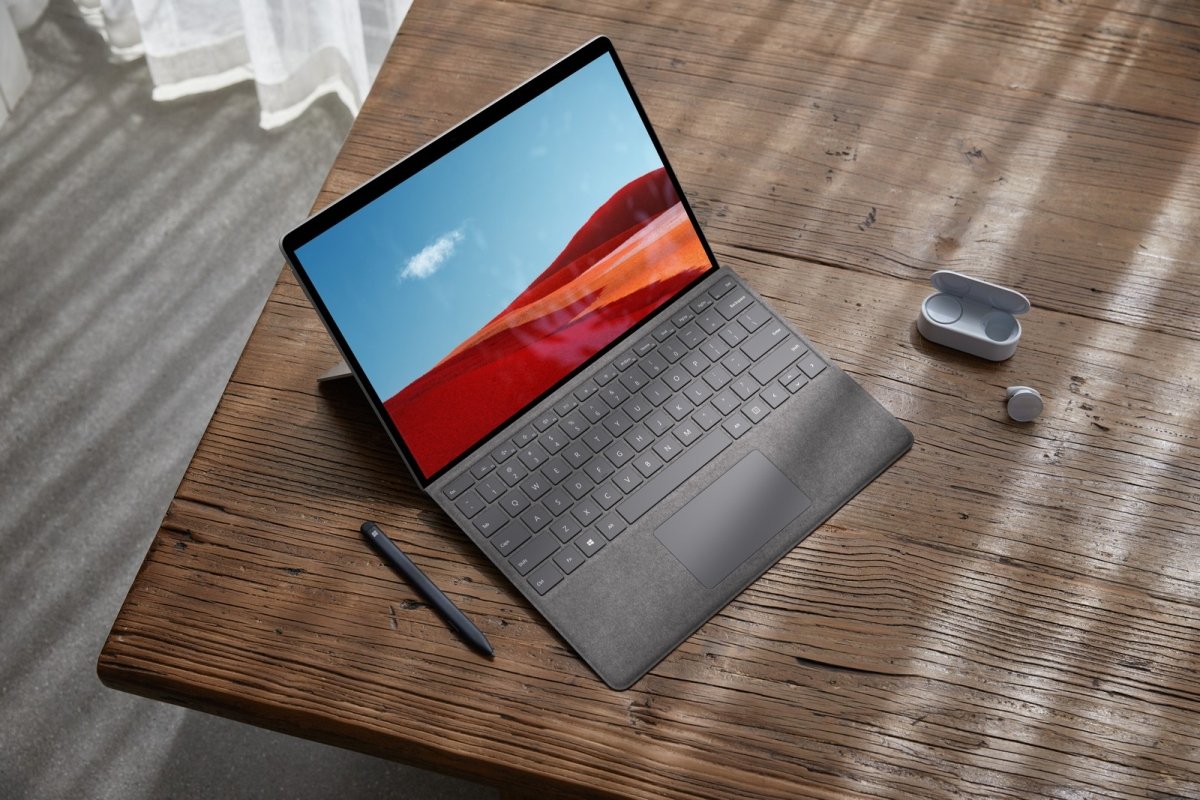Qualcomm’s exclusivity agreement withMicrosoftto provide CPUs for Windows on Arm PCs has been rumored to expire in 2024. Still, Arm CEO Rene Haas is the first person to confirm it officially in an interview withStratechery. The end of the exclusivity agreement means Windows on Arm PCs can start to use non-Qualcomm Arm chips in the coming years.
Microsoft chose Qualcomm as its partner for Windows on Arm PCs in 2016, and ever since Qualcomm has been the only company to make Arm chips for Windows devices. This was never framed as an exclusivity agreement, but after a few years, it became pretty clear that this was the case; Qualcomm is the only company to have made Arm CPUs for Windows on Arm in the eight years since the partnership was announced.

There has been significant speculation on the end date for this exclusivity deal. Reuters claimed the agreement would end this year in its bombshell report aboutAMD and Nvidia making Arm CPUs for Windows. Haas confirmed the date during an interview with Stratechery, saying, “I think it’s really well-documented that the exclusivity that Qualcomm has with Windows times out, I think, this year.”
Haas didn’t explicitly say that the exclusivity ends this year. Still, he probably wouldn’t describe the rumors as “well-documented” unless he believed it – and he’s the CEO of Arm, which lends credibility to the idea. The exact date the exclusivity arrangement ends isn’t precise, but it will seemingly be gone by the start of 2025.

The end of Qualcomm’s exclusivity will mean other companies can make Arm CPUs for laptops, and if Reuters is correct, those CPUs will be coming from AMD and Nvidia. Though neither company has specifically made ArmM CPUs for laptops or desktops, AMD and Nvidia seem poised for it. AMD has said it’sready to make ARM CPUs if needed, while Nvidia has experience in Arm with itsGrace server CPUs. For its part,Intel doesn’t feel threatenedby the prospect of a new generation of Arm chips for PCs, though the company’s confidence hasn’t always been well-founded.
Get Tom’s Hardware’s best news and in-depth reviews, straight to your inbox.
Matthew Connatser is a freelancing writer for Tom’s Hardware US. He writes articles about CPUs, GPUs, SSDs, and computers in general.